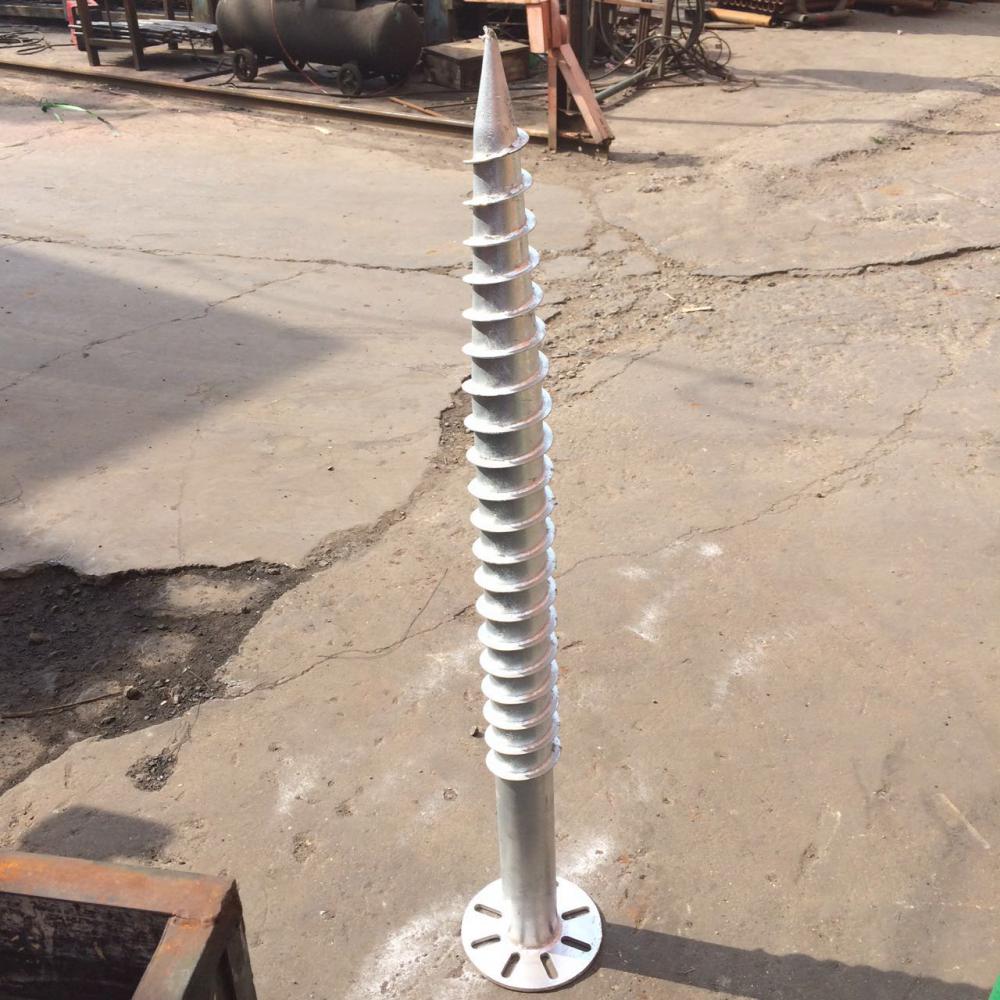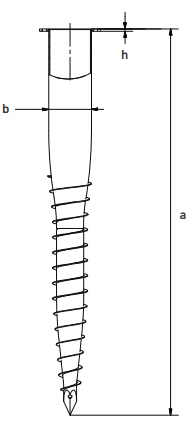[Source of the primary antibody]
The secondary antibody should be of the same species source as the primary antibody used. For example, if your primary antibody is a mouse-derived monoclonal antibody, the secondary antibody is selected as an anti-mouse secondary antibody (goat anti-mouse or rabbit anti-mouse). If the primary antibody is a rabbit-derived polyclonal antibody prepared from rabbit serum, the corresponding secondary antibody needs to select a secondary antibody against rabbit. That is, the corresponding secondary antibody against the species is selected according to the species source of the primary antibody. Shanghai Jinma Biotech can provide you with the most comprehensive imported secondary antibodies against different species, including anti-mouse, rat, rabbit, goat, sheep, human, guinea pig, pig, horse, cow, chicken, duck, etc. anti.
[category subtype of primary antibody]
The secondary antibody needs to match the class or subclass of the primary antibody. This is usually for monoclonal antibodies. Polyclonal antibodies are mainly IgG-like immunoglobulins, so the corresponding secondary antibody is an anti-IgG antibody. The categories and subclasses of monoclonal antibodies are usually described in the product manual. If your primary antibody is mouse IgM, the corresponding secondary antibody should be anti-mouse IgM. If the monoclonal primary antibody is a subclass of mouse IgG (IgG1, IgG2a, IgG2b, IgG3), then almost all anti-mouse IgG can be combined with it, or you can choose to specifically target this subclass. Secondary antibodies, for example, if your primary antibody is mouse IgG1, then you can choose an anti-IgG1 secondary antibody that is particularly suitable for double labeling experiments. In the case where the type/subclass of the primary antibody is not known, the anti-corresponding IgG can be selected. Shanghai Jinma Bio can provide you with a universal IgG (H+L) secondary antibody, or Anti IgM (mu) Antibody that specifically binds IgM, Anti IgA (alpha-Antibody, IgE Anti IgE (epsilon) Antibody) Wait.
[Source of the second antibody]
In general, there is no inevitable connection between the source of different species and the quality of the secondary antibody. The secondary antibody derived from goats and the secondary antibody derived from sputum are not much different in general experiments. However, in some special experiments, such as double-label experiments, if one of the primary antibodies is of goat origin and the other is of mouse origin, the corresponding secondary antibodies are resistant to goat and anti-mouse secondary antibodies, respectively. The secondary antibody cannot be selected from goat or mouse sources. Shanghai Jinma Bio has a corresponding secondary antibody of é©´ source, which is very suitable for immunoassay similar to double label.
[Coupling mark of secondary antibody]
In general, the probes coupled to the secondary antibody are mainly enzymes (horseradish peroxidase HRP and alkaline phosphatase AP or its derivatives APAAP, PAP), fluorescent groups (FITC, Rhodamine, Texas Red, PE) , Rhodamine, Dylight, etc.), biotin, gold particles. The secondary antibody to which probe is selected depends primarily on the specific experiment. For Western Blot and ELISA, the most commonly used secondary antibody is the enzyme-labeled secondary antibody; in cell or tissue labeling experiments (cyto-immunochemistry, tissue immunochemistry, flow cytometry), fluorophore-labeled secondary antibodies are commonly used, immunological groups. Horseradish peroxidase or alkaline phosphatase-labeled secondary antibodies can also be used in the treatment. If you want a greater degree of amplified detection signal, you can use the Biotin/Avidin detection system. In some fluorescence detection schemes, different fluorescent labels need to be selected; while gold particle labeled secondary antibodies are more commonly used in immunoelectron microscopy. Shanghai Jinma Bio can provide you with all the different types of secondary antibodies mentioned above.
[whether the serum-adsorbed secondary antibody]
In order to reduce the non-specific binding of the secondary antibody to the sample, Shanghai Jinma Bio can also provide you with the original imported secondary antibody with different serum adsorption. If your test sample is a human-derived protein, the primary antibody is a mouse-derived monoclonal antibody, and the secondary antibody needs to select a secondary antibody against the mouse source. If you have high specificity for the experiment, then we will send you Anti-mouse-derived secondary antibodies that have been adsorbed by human serum are recommended. This secondary antibody excludes IgG that may react non-specifically with human tissues (such as IgG) due to adsorption by human serum, thus reducing non-specific binding. To the lowest.
[Anti-IgG or Anti-IgG, F(ab')2 fragment]
In some tissues such as thymus, spleen, blood, and hematopoietic cells, lymphocytes, B cells, etc., usually contain more Fc receptors. In this case, it is best to choose Anti-IgG, F(ab') when selecting secondary antibodies. 2 specific secondary antibodies such as fragment, thus eliminating the non-specific binding of the Fc portion to IgG. The conventional Anti-IgG (H+L) secondary antibody binds to both the heavy and light chains of IgG, ie, binds to the F(ab')2 fragment of Fc of IgG; since IgG, IgM, IgA have Conserved light chain domains, so Anti-IgG (H+L) cross-reacts with them. The Anti-IgG, F(ab')2 fragment is adsorbed by the IgG Fc fragment and therefore binds only to the F(ab')2 fragment of IgG. However, IgG, IgM, and IgA all have a conserved light chain domain, so There are also cross-reactions with them.
[Anti-IgG (H+L), Anti-IgG (gamma), Anti-IgM (mu), Anti-IgA (alpha)]
In some special experiments, it is only necessary to detect IgG or IgM in the sample. Conventional Anti-IgG (H+L) has a binding reaction with both the heavy and light chains of IgG, while IgG, IgM, and IgA are both conserved. The light chain domain therefore does not specifically detect certain types of IgG or IgM. At this time, a secondary antibody against a specific type of Ig molecule is required. Shanghai Jinma Bio has a comprehensive second-resistance spot product and can provide the most complete secondary antibody product line. The main secondary antibody brand is Jackson, the world's largest secondary antibody product, and Abbkine, a leading antibody producer. According to the label, there are labeled secondary antibodies such as HRP, AP, biotin, etc., fluorescent secondary antibodies such as FITC, TRITC, Rhodamine, Cy3/5, Dylight, etc.; according to the tested species, there are anti-human, rat, mouse, pig, cockroach , sheep, goats, chickens, horses, rabbits, hamsters, dogs, cattle, and a variety of bacterial secondary antibodies; in addition, there are different types of IgG, IgA, IgM and IgG (Fc), IgG (ab') 2 antibody. If you are interested in the above products, please call the national toll-free number to Shanghai Jinma Biotechnology Co., Ltd. for related product information and complete experimental solutions.
F series hot dip galvanized Ground Screw :
F series HDG ground screw with flange ,convenient connection and reliable .easy to install .
Diameter ( mm ) of Ground Screw Pile pile : 60,68,76,89,114 mm,140mm,219mm
Length of metal ground screw pile ( mm ) :800,1000,1200,1500,1600,1800,2000,2500,3000 mm or requested length
Thickness of screw pile : 2.75 mm,3.00 mm,3.75 mm,4.00 mm
Blades thickness of flange ground screw :8 mm ,6 mm ,diameter of blade :200 mm,160 mm .or other sizes
Thread size :2* 10 mm or according to clients' request
Nut aperture : 3-M 10/12/14/16/20
Surface Treatment for ground screw/helical ground screw : Hot Dip Galvanized .DIN EN ISO 1461-1999 ,Coating :average thickness more than 80 micron
Range of Application : solar energy system ,PV Mounting ,fence or garden ,timber construction ,advertising board or banner ,lighting pole,park and city building,traffic sign,beach umbrella,fencing industries &
Production chart : Cutting pipe to he standard length ,forming the pipe according to design ,welding and assemble blade,flange,nut , acid pickling ,hot dip galvanize ,QC, Packing ,shipments



Ground Screw Pile,Ground Pile,Ground Screw Foundation,Flange Screw Pile,Ground Screws,Flange Ground Screw
BAODING JIMAOTONG IMPORT AND EXPORT CO., LTD , https://www.chinagroundscrew.com